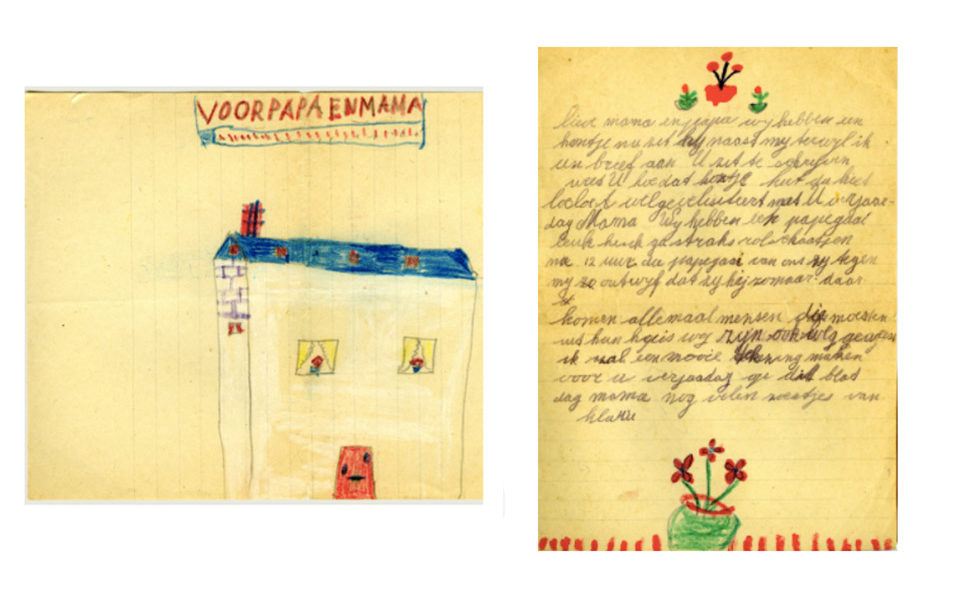
In the wake of #badderthantaylor, we can probably all think of a few elder Jewish women (and men) whose life stories could be a book or a feature film. Like Gerta, whose nightmarish life in Theresienstadt gave way to a career with the Red Cross. Or Molly Applebaum, who as a 12-year-old in hiding underground “in a grave” turned to her diary for company. Or Felix, whose life as a runner for the Polish Underground made him an accomplice to a plot to blow up the Auschwitz crematorium.
Gerta, Molly, and Felix have likely never met, but you can read their words in one place, and watch video interviews and intimate portals that buoy and contextualize their lives, thanks to the Azrieli Foundation’s Holocaust Memoirs Project. On its own, each published memoir is a chance for a survivor to tell his or her story in all its harrowing, irreplaceable detail. Together, the 53 books, which include a special volume about hidden children and the letters they wrote home as well as a feature on women’s stories, are a reminder of the variety and deeply personal nature of survivors’ stories.
Published whole-cloth, the immediacy of survivors’ narratives is fresh and startling, as if the events were recent. One woman’s family’s horrors are foreshadowed by her dog disappearing, after which they are deported. Another describes the dissonance of seeing her father’s certificate of Christian conversion, meant to save him from transport, and the blue tallit bag in his hand.
Together with the video interviews, the project offers a kind of annotated version of a familiar but vanishing experience: listening to survivors in their own words.
JTA has documented Jewish history in real-time for over a century. Keep our journalism strong by joining us in supporting independent, award-winning reporting.





